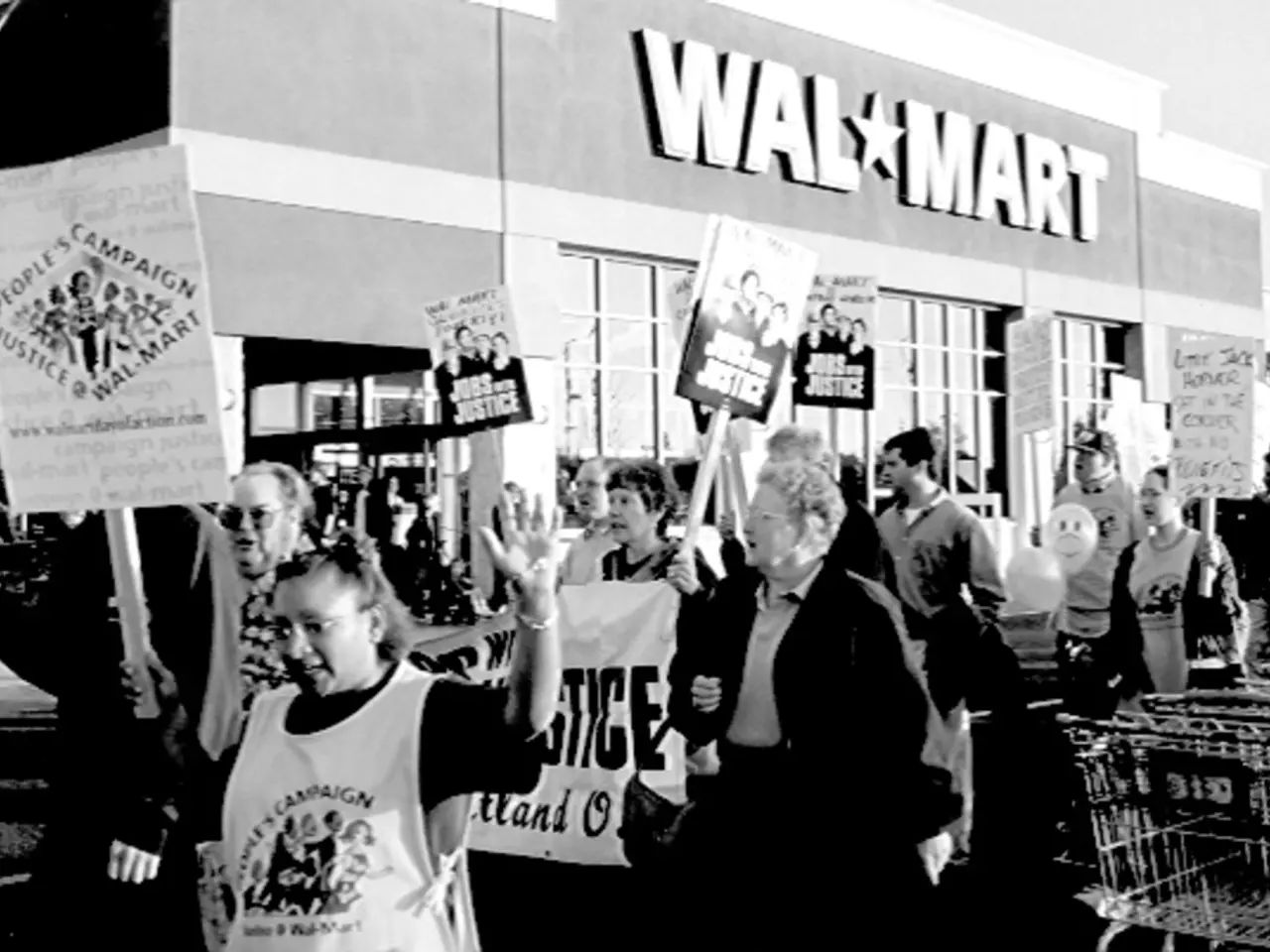Students at Columbia University organize Vietnam-era style anti-war demonstrations, this time in support of Gaza
The Gaza Solidarity Encampment, established on Columbia University's South Lawn in spring 2024, has become a focal point for pro-Palestinian student activism, demanding divestment from companies profiting from Israel’s military actions and occupation in Palestine.
Organised by groups including Columbia University Apartheid Divest, Students for Justice in Palestine, and Jewish Voice for Peace, the encampment mirrors similar student movements in the U.S. and worldwide, spurred by the war in Gaza starting in late 2023. Protesters seek not only public support for Palestinians but also institutional divestment from entities funding what they describe as a genocide.
However, the encampment has created significant divisions on campus. A survey conducted during the 2023-2024 academic year revealed that nearly two-thirds of Jewish students felt unaccepted and uncomfortable following the encampment's establishment, with 70% strongly or mostly opposing it. Many Jewish students reported that the encampment affected their daily routines, and 27% participated in pro-Israel protests in response.
Negotiation attempts between students and the university administration have been challenging. A report from mid-2025 details how such discussions have broken down, reflecting the deep tensions surrounding the encampment and its demands.
As the encampment continues, it stands as a symbol of sustained pro-Palestinian student activism at Columbia, focused on solidarity with Gaza and calls for divestment. The university's president, Minouche Shafik, testified before the US House Committee on Education and the Workforce hours before the encampment began.
Off-campus reactions have been varied. Alumni of schools like New York University have pledged to withhold their donations until their universities stop infringing on the rights of students and faculty to speak their minds on campuses. Pressure has also come from wealthy donors who have accused the schools of failing to crack down on antisemitism on the campuses.
The campus is now heavily fortified, with only those with Columbia identity cards allowed to enter. The ongoing encampment serves as a vivid example of how the conflict in Gaza is shaping campus politics, activism, and community relations in the U.S. today.
- The Gaza Solidarity Encampment, established at Columbia University, mirrors similar student movements in the Middle East and globally, initiated by the war in Gaza starting in late 2023.
- Organized by groups like Columbia University Apartheid Divest, Students for Justice in Palestine, and Jewish Voice for Peace, the encampment calls for divestment from companies profiting from Israel’s military actions and occupation in Palestine.
- Despite this, the encampment has created significant divisions on campus, with nearly two-thirds of Jewish students feeling unaccepted and uncomfortable following its establishment, and many opposing it.
- The university’s president, Minouche Shafik, testified before the US House Committee on Education and the Workforce regarding the ongoing encampment, focusing on campus politics and community relations.
- Off-campus reactions have been varied, with alumni from schools like New York University pledging to withhold their donations until their universities cease infringing on the rights of students and faculty to express their opinions on education-and-self-development topics, such as the Middle East conflict and its repercussions.




